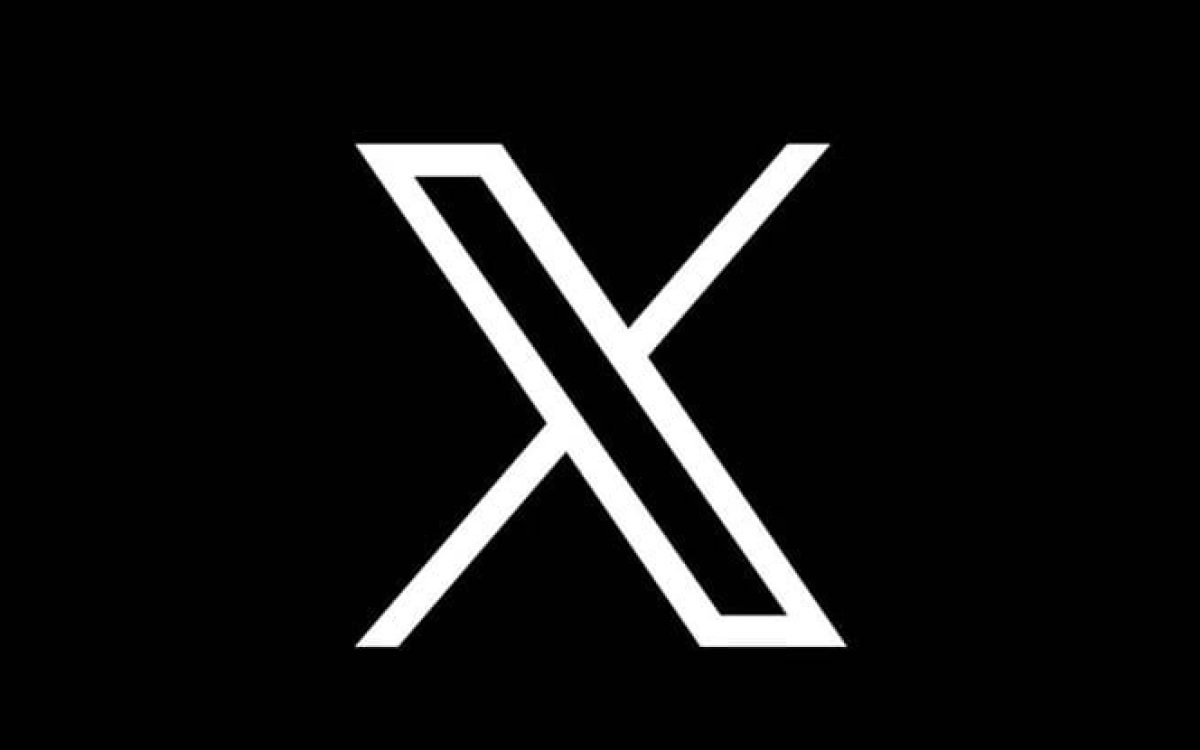In the digital age, where the power of social media platforms often intersects with governmental regulations, the saga of Twitter, now known as X Corp., in India unfolds as a poignant tale of the battle for free speech.
In recent times, X Corp. has found itself at the epicenter of a storm brewing in the world’s largest democracy. Once a bastion of free expression, Twitter now grapples with the weight of censorship requests from the Indian government, particularly in light of the contentious farmers’ protests at the Delhi border.
In a recent statement, X Corp.’s Global Government Affairs team articulated its stance on the matter, emphasizing the importance of users’ freedom of expression. However, actions speak louder than words, and the company’s reluctance to take decisive measures to protect this freedom raises significant questions about its commitment to the cause.
The crux of the issue lies in India’s executive orders compelling X Corp. to comply with specific blocking requests or face severe penalties, including hefty fines and imprisonment. While the company begrudgingly adheres to these orders, it falls short of actively defending the individuals whose voices face suppression.
Amidst legal proceedings in the Karnataka High Court, X Corp. finds itself in a precarious position, grappling with the balance between legal compliance and advocating for the fundamental rights of its users. The sporadic nature of court hearings only adds to the uncertainty surrounding the outcome of this high-stakes confrontation.
What’s particularly striking is X Corp.’s retreat from its previous stance of transparency. Once a platform that openly disclosed government blocking orders, it now shrouds such actions in secrecy, citing legal restrictions. This retreat underscores the evolving landscape of digital governance and the challenges posed by increased governmental oversight.
The ramifications of these censorship efforts extend beyond the realm of politics, reaching into the fabric of society itself. Farmer leaders, activists, journalists, and even musicians find themselves silenced in the digital domain, their voices muffled under the weight of governmental authority.
Among those silenced voices are individuals like Sarvan Singh Pandher, Tejveer Singh Ambala, and Mandeep Punia—figures whose advocacy for social justice reverberates through the corridors of power. Their absence from social media platforms serves as a stark reminder of the price of dissent in an increasingly polarized world.
As X Corp. navigates the murky waters of digital censorship, it faces a pivotal moment of reckoning—one that transcends corporate interests and speaks to the heart of democratic values. The outcome of this battle will not only shape the future of free speech in India but also reverberate across the global digital landscape.
In the face of mounting pressure, the true test of X Corp.’s integrity lies not in its words, but in its actions. Will it stand as a beacon of free expression, or will it succumb to the pressures of conformity? Only time will tell as the battle for free speech rages on in the digital age.









